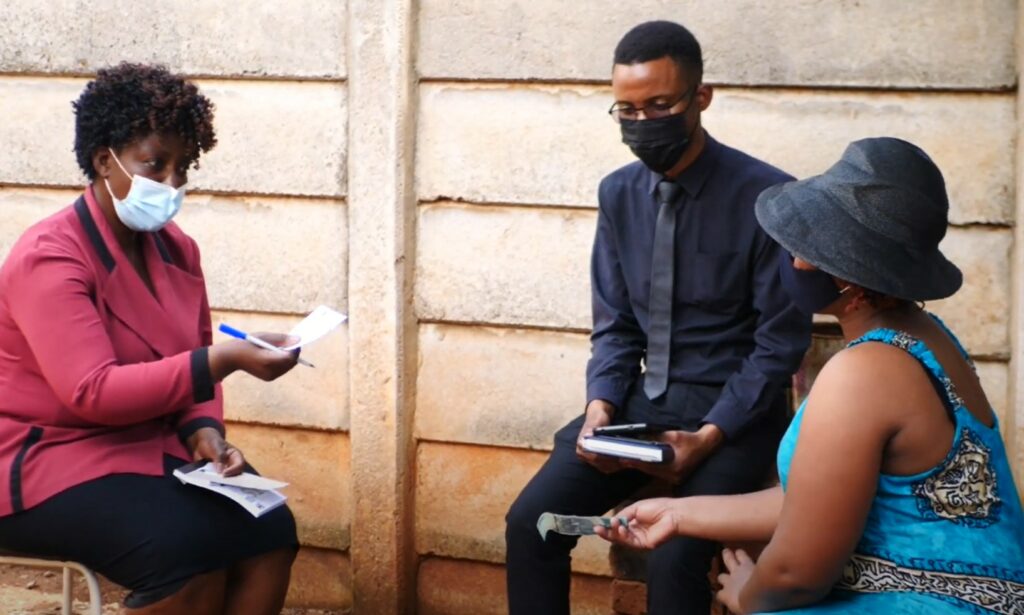This video will tell you all about the history of Cordaid’s Urban Voucher programme in Zimbabwe, the processes for identifying the participants right up to the service provision, achievements realised over the years, challenges and the plans for the future.

The Government of Zimbabwe with a grant from the World Bank has been implementing a results-based financing programme since 2011 in 18 rural districts. The programme aims to improve the coverage and quality of health services for mothers, babies and children.
The Urban Voucher project
To complement the programme Cordaid started the Urban Voucher project in 2014 in 11 health centres in two big cities, Harare (5 sites) and Bulawayo (6 sites), as well as in two central hospitals, one in each city.
These pilot areas were chosen because of their large population groups belonging to the poorest quintile with the aim of improving access, service utilisation and healthcare outcomes through the provision of vouchers for antenatal, delivery and post-natal services.
The pilot was evaluated in 2018 and the results showed the feasibility of adopting this method and rolling it out to the remaining facilities in both cities.
Now there are 35 health centres and four referral central hospitals under the program. Whenever necessary, the referred clients are ferried from the health centres to the central hospitals by ambulances for free.
The roll-out is being financed by the government and the Health Sector Development Support Project of the World Bank Global Financing Facility.
Urban Voucher has been a game changer in increasing access to maternal health services for poor women who have often been overlooked in programmes because of where they live.
Watch the video:
